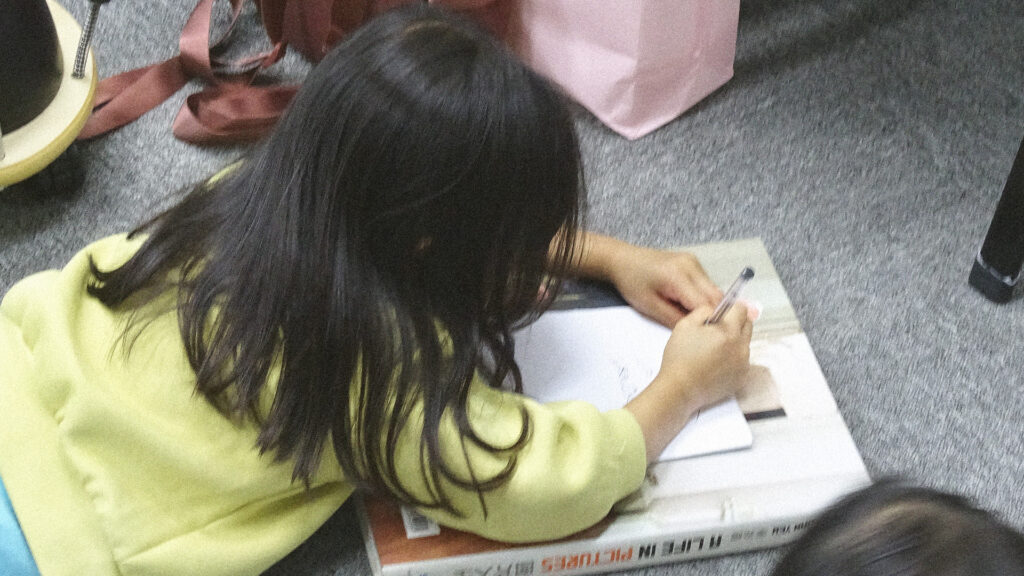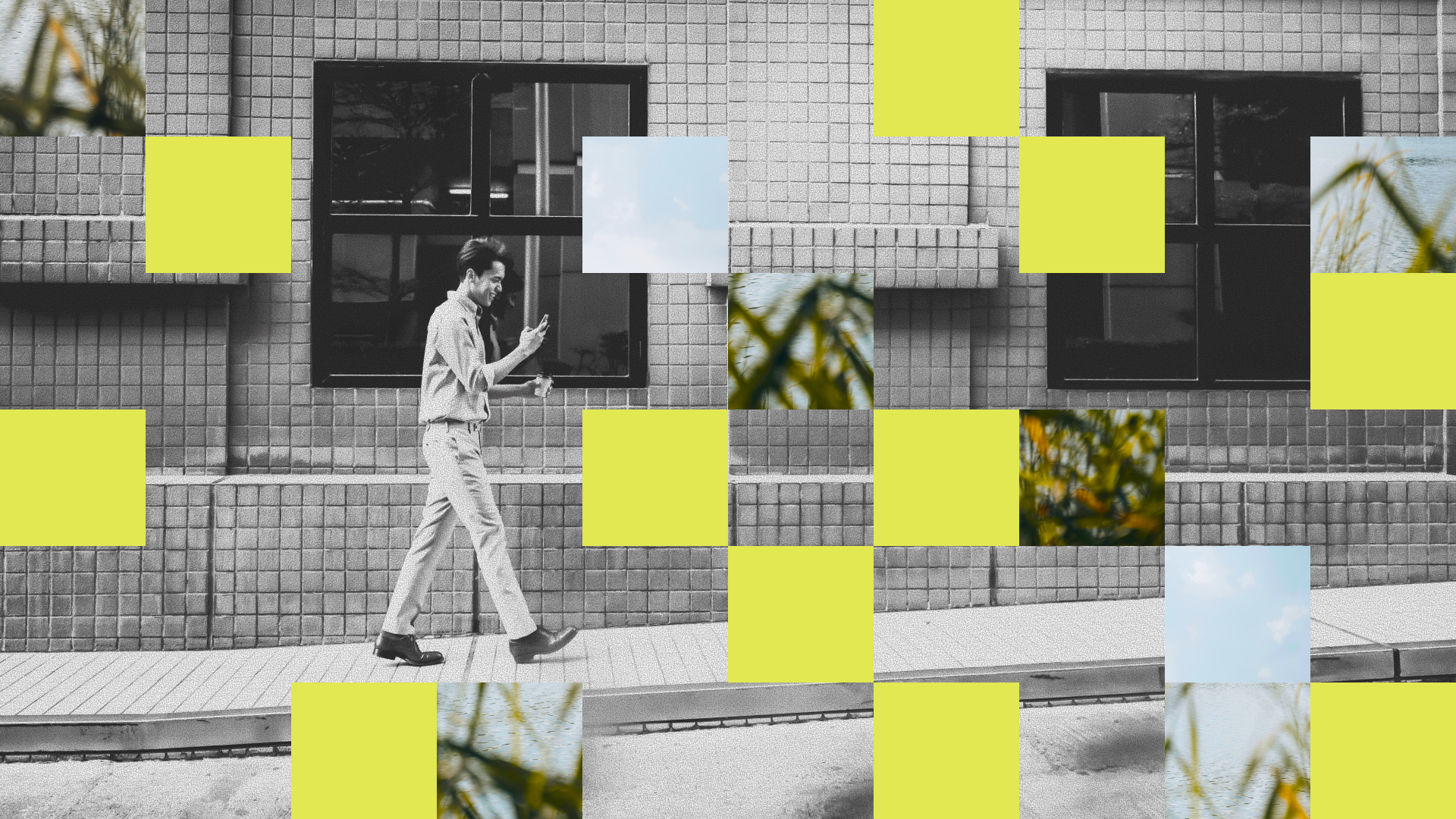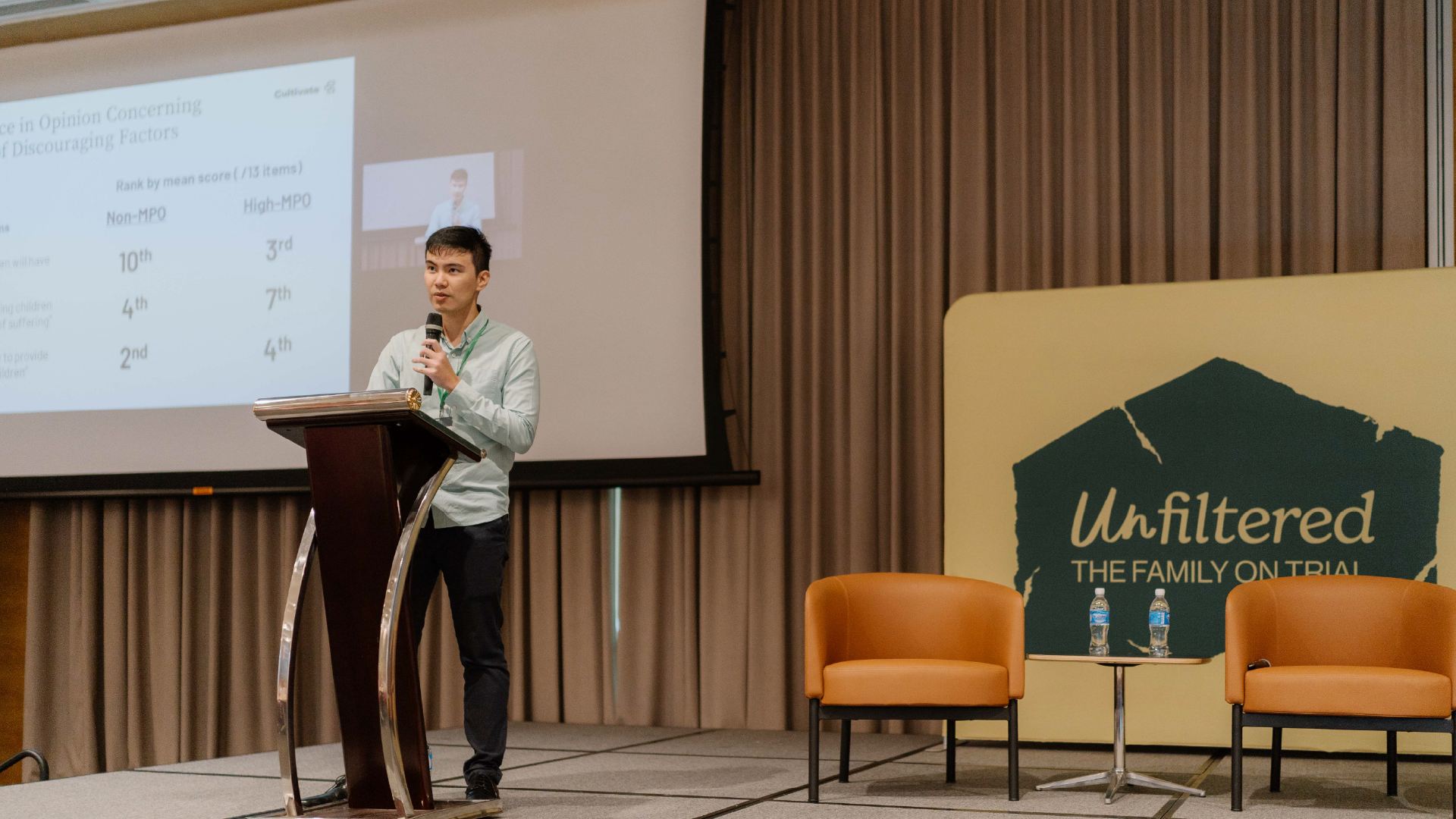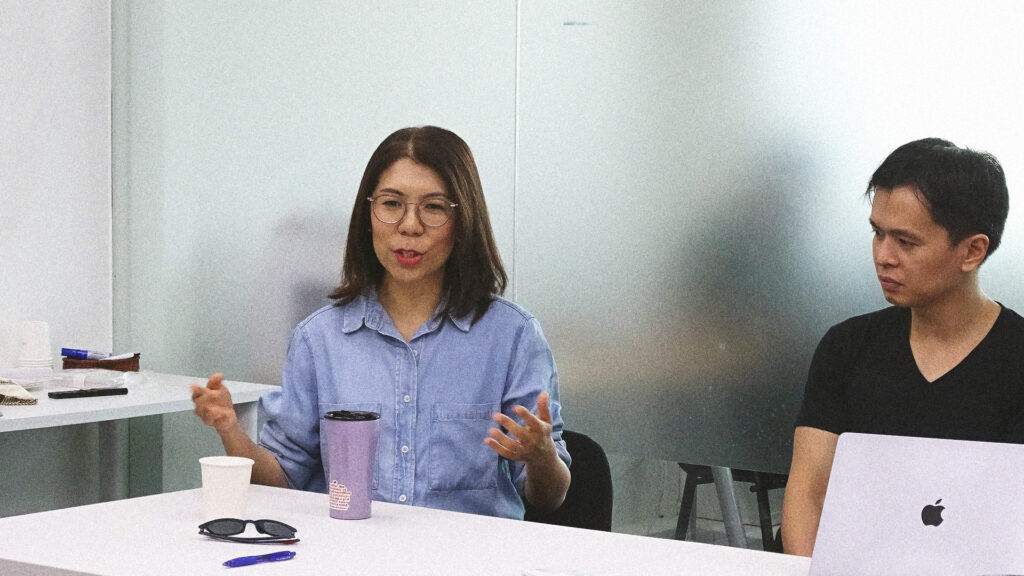
This Mother’s Day, our cosy Commune session heard from an unlikely mother. Jennifer Heng had been brought up by her mother who was bankrupt; her father was in prison and had left them with many debts. At 17, she found herself pregnant, but lost and desperate to get rid of her child. She eventually had an abortion at a seedy clinic in Geylang. Having to birth out her dead baby was a “deep emotional, mental, and spiritual pain” that words could not describe.
Another abortion later, she grew disillusioned with marriage, believing it was designed to destroy. She told herself that she would never be a mother. However, having found healing and wholeness in her 30s – part of which included marriage and motherhood – she decided to help people like her teenage self.
This dream would become Safe Place, an organisation that empowers unsupported pregnant women and their families. Tucked in a quiet estate in Singapore, they provide shelter, counselling, and care for new mothers struggling with loneliness and fear. Jennifer shared more about how her work with “unlikely, hidden, or even unqualified mothers in the eyes of society” brought hope, not just for these mothers, but for their children and later generations.
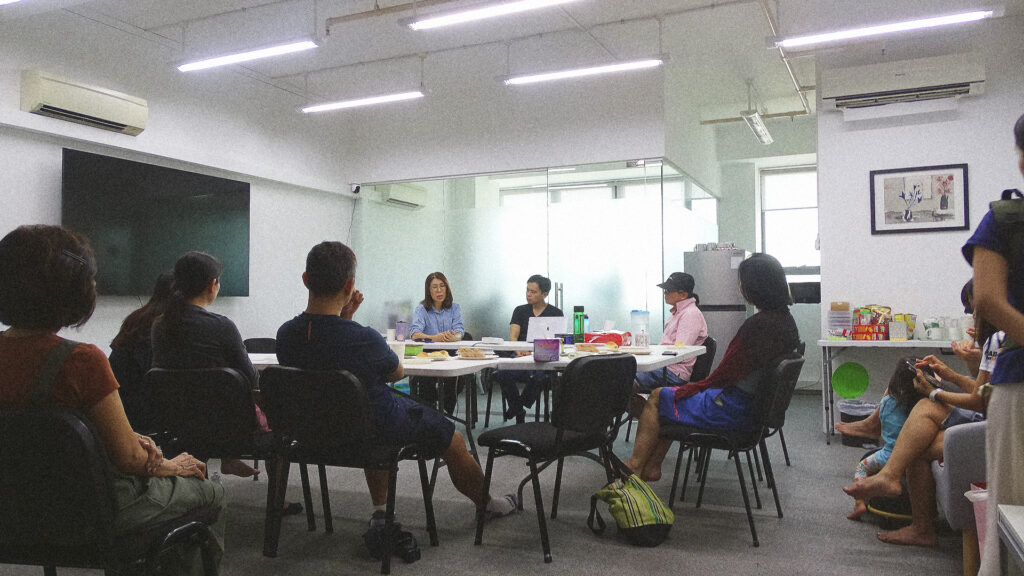
Since it was just about a dozen of us that day, she let on about an initiative they had – one close to her heart. She and her team have been working with mothers in prison, supporting them with prenatal and postnatal information and intervention. It started with her volunteer work in prison where she would speak to prisoners who were about to be released in 2-3 months. While prison was scary for them, the release could be even scarier. She would share about forgiveness, and about preparing their inner self.
Jennifer met a pregnant inmate, and asked her if she had ever thought of aborting her child: “Of course.” But she changed her mind, saying “This is my child.” The simple truth struck Jennifer who then decided to do more for women like her.
Now, every Mother’s Day and Children’s Day her team would visit the caregivers of the inmates’ children, and compile a little journal for them. This helped them to process what it means to be apart from their children, and what it would be like after their release. These “hidden mothers,” who were motivated to turn their lives around, showed the power of motherhood.
During the conversation, there was a question about how Safe Place sees the role of men. Jennifer said that the team was always “very happy” if there was a male figure around, because their work showed how easy it was for men to walk away. There had been a case with a couple (both graduates) where the husband wanted his wife to abort, as he wasn’t ready to have children. Torn, the wife turned to Safe Place for support, and they provided counselling and help through the journey of motherhood. The husband remained distant, but things slowly changed after birth. There were also the difficult stories of abusive relationships where they had to intervene when the pregnant women had abusive partners, and it was better for the men to be away.
Another question was raised on the role of the family and how to address its complexities. Jennifer said that when it comes to family, it was the hardest when the family was the one causing the trouble. There was a “dance” between empowering the mother as an individual, and yet not pushing her towards thinking “I don’t need anyone… It’s me and you, child.”
While mostly focusing on the mother, there would always be back-of-the-mind considerations on how to positively rebuild familial ties and support networks. It would be these relationships that have longer-term impact. Safe Place also helps to form a network of volunteers and partners, so that even when the professional relationship ends, there would be a wider context of informal relationships where mothers and children could find support.
The conversation came to a close with Jennifer sharing that many mothers who found help, also found their place at the table. In fact, an “alumni club” outing to the zoo took place that very day, comprising about 120 mothers, their families and friends.
Ultimately, it was not going to be Safe Place, or even the government that would walk with these mothers all the way, but family and friends who would stay with them on the journey ahead.
